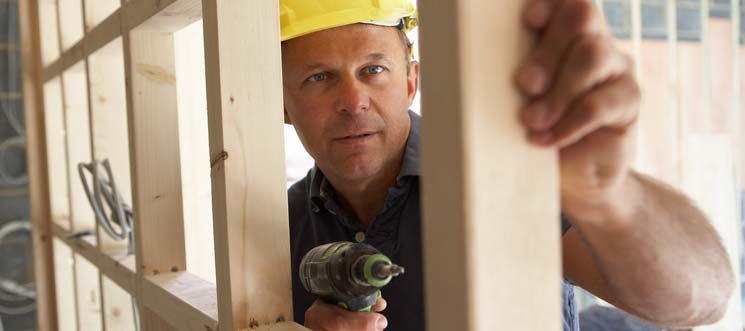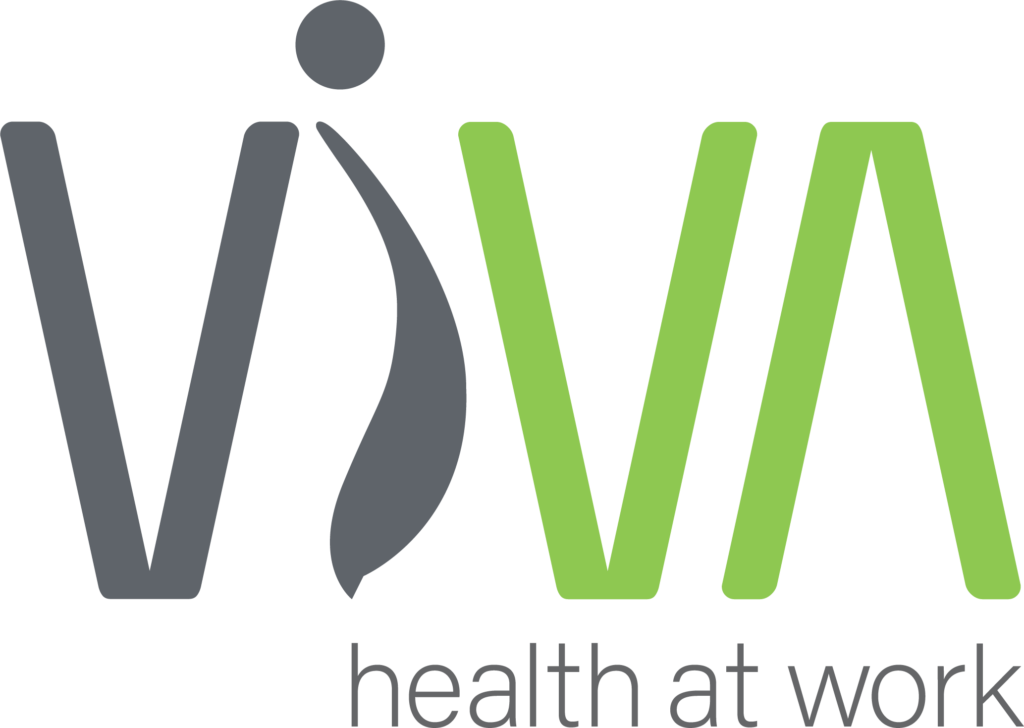
Discovery
A construction company, comprised of mostly male workers, wanted to address the health behaviours of their workforce. Meetings were held with crew and team leaders to determine their most pressing health needs. The project was coupled with participatory ergonomics programming to re-design and co-create tasks with consistent with a Total Worker Health® approach.1 The most significant complementary wellness needs for this group were sleep & fatigue-related matters; shift-related nutrition and hydration; manual tasks and related muscular aches, especially in the shoulders and back.
Design
Coupled with ergonomics programing, interactive training modules were customised and delivered to work crew state-wide that included topics on sleep & fatigue, energy optimisation, positive thinking, nutrition and hydration strategies during shifts, and manual task risk management. Programs were developed through consultative means with focus group trials, presentation to management, revisions, and further customisation. Crew members simulated fatigue-goggle coordination activities; answered surveys about their perceived performance needs and barriers; had their blood sugars, blood pressures, and cholesterol levels checked; and undertook surveys to discern biological versus chronological age. They tested their pH levels to consider their hydration; they learned about food labels and sugar content; they tried new recipes and shared ideas for healthful meal preparation; and strategised work changes that could support better shift assignment and sleep, like single room bookings in hotels (versus share rooms) when working remote. Functional movement patterns and posture were assessed, with education on and demonstration of corrective exercises. Crew members learned mobilisation and release strategies for their upper back and neck while working in small groups with foam rollers, balls, and bands.
Realisation
The management received reports and acted on the suggestions for travel arrangements with single rooms. The crew members engaged in reflective learning practices. Hundreds of workers received education and engaged in activities during four months of delivery. The feedback was resoundingly positive, with 92% of attendees rating their training program extremely high on satisfaction surveys. A team leader learned that his cholesterol was excessively high and sought medical attention which, he was told, was essential. Crew started asking for the training sessions and booking attendance around their project schedules. Tasks were redesigned in the ergonomics programs, with trust built during these sessions which eased communication and engagement.
